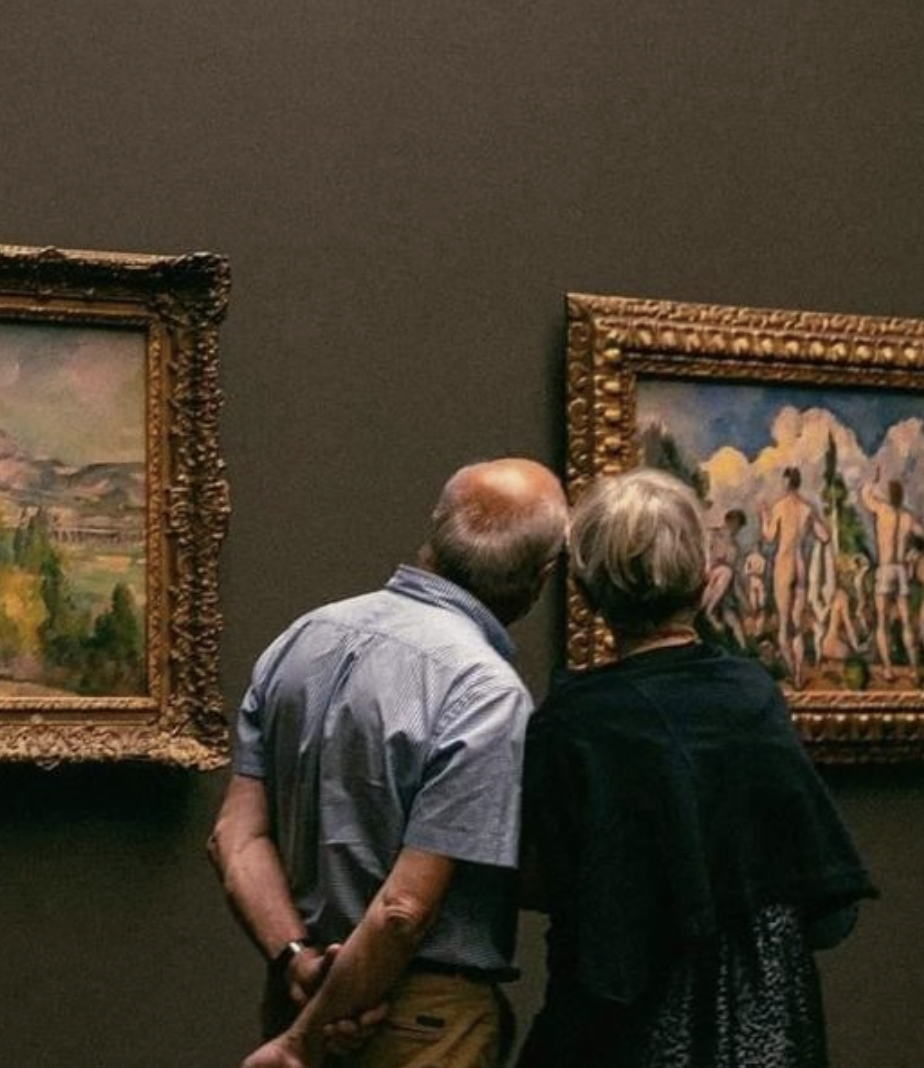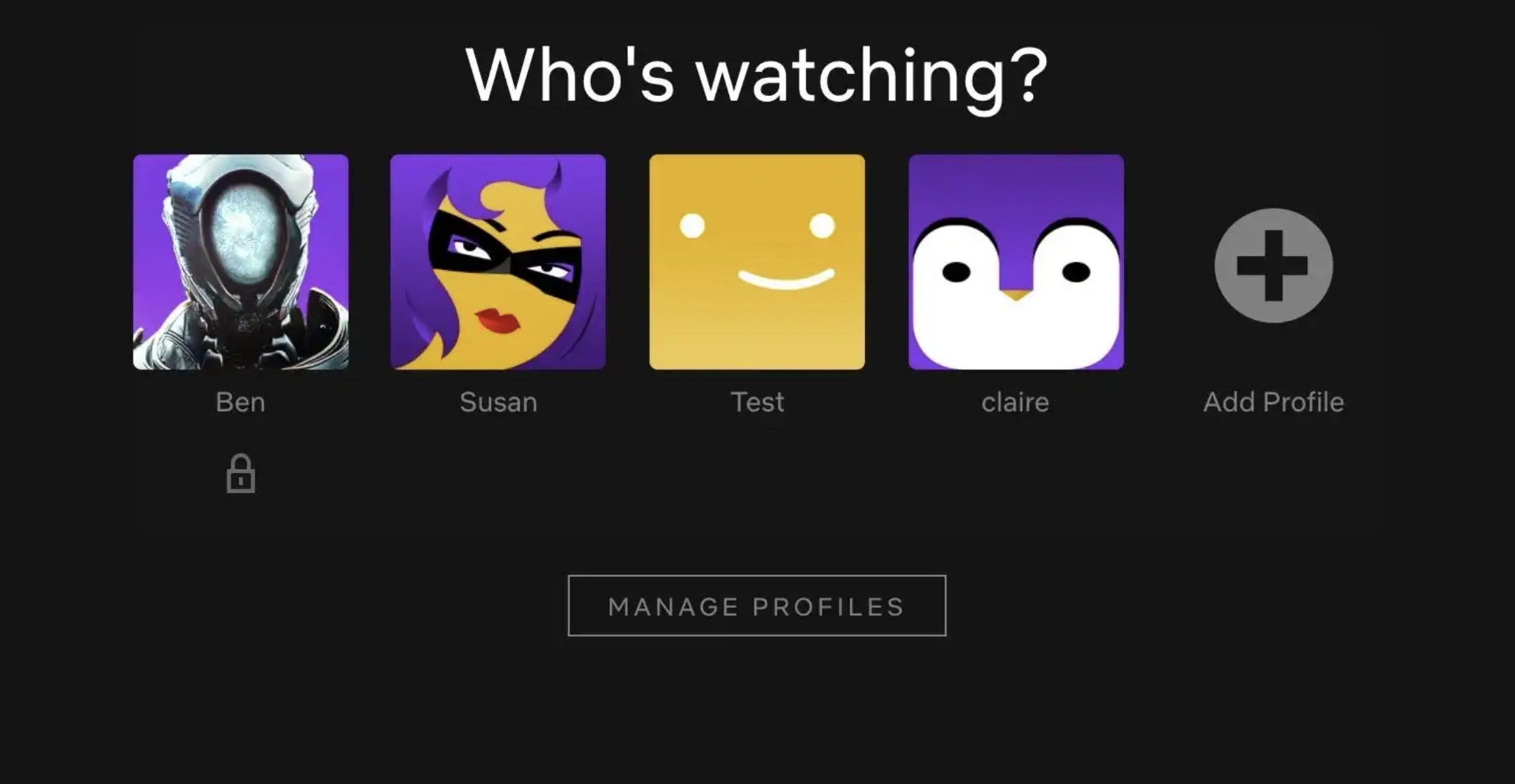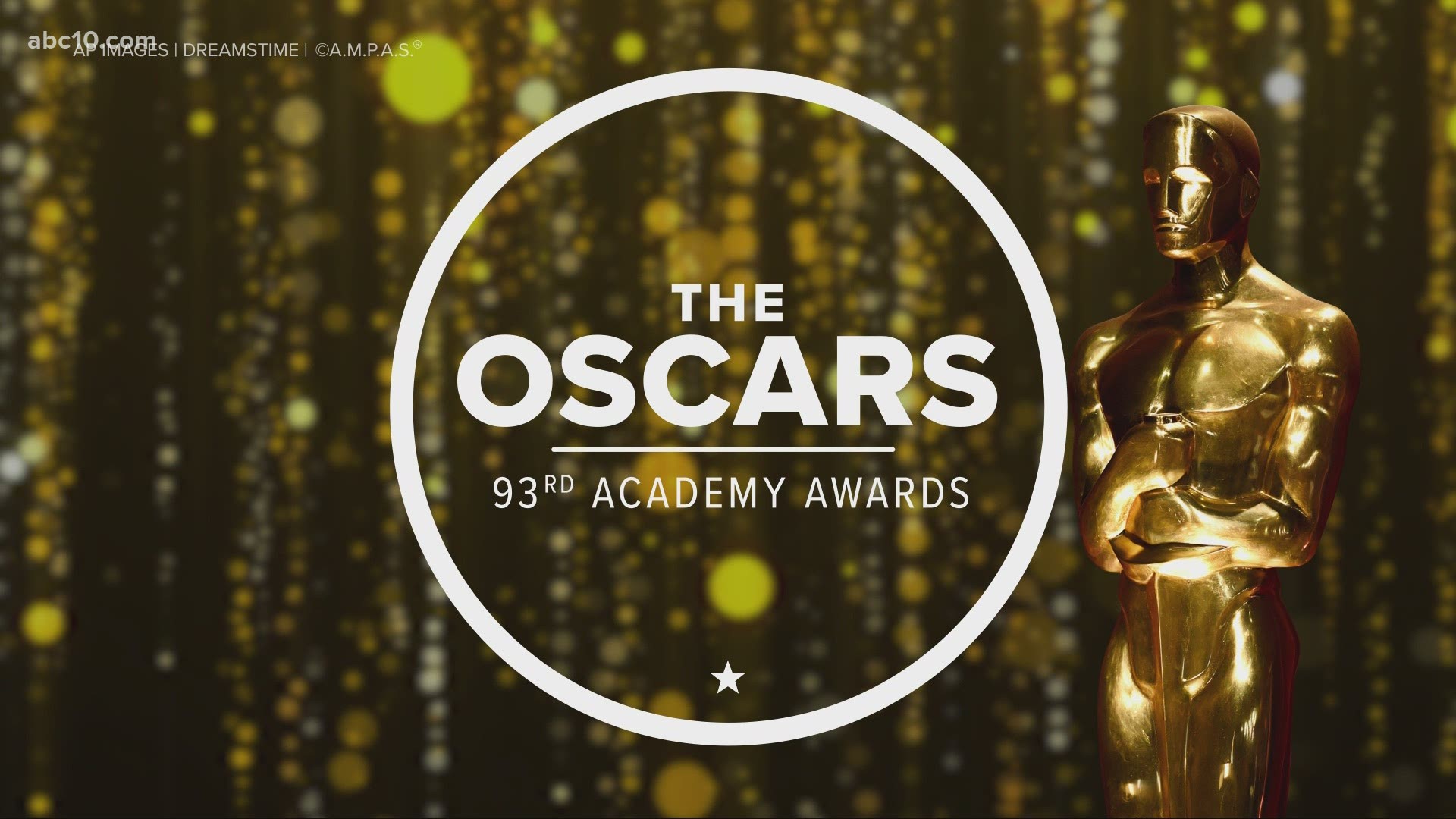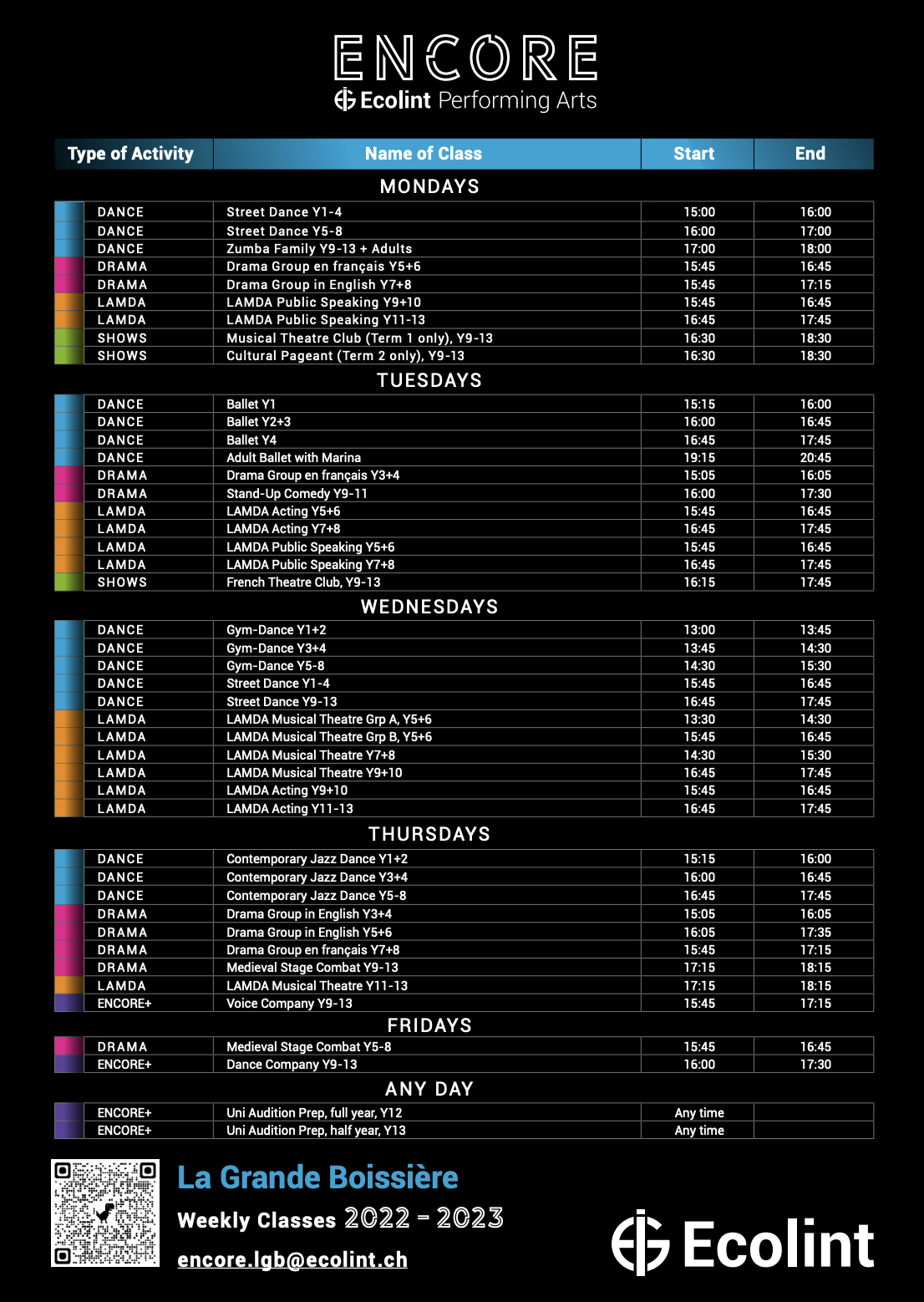By Victoire Heyworth, Year 12
If a statement were to be put in front of everybody, 8 billion people, what could we all agree on?
The week has seven days, a year has 365 days, we all die, we are all born. Those infantile statements seem as though they are the absolute truth, undeniable and undebatable. However, what if you asked 8 billion people to counter or agree with one of those statements, would they all agree? If you were to propose a statement which everybody had to accept, what would you choose?
The only two things which seem to link us all are life and death. However in certain cultures and religions, such as Hinduism, death is not an accepted concept. According to Hindus, after dying, the soul is reincarnated and takes on a new form. Each person’s “true self”, also known as the ātman is eternal. In the Catholic church, death is immediately followed by judgement: being faced to an eternity in Hell or in Heaven. This judgement is what drives certain Christians to act or not to act in certain ways during their life. Both of those religions are examples of cultures which would counter the image of death.
Additionally, the statement expressing: “we are all born” is debated in certain philosophical views of life. From a metaphysical standpoint, life doesn’t truly start at birth or end at death. Philosophers like Sartre argue that “life precedes essence”, and that one’s life is determined by one’s actions rather than being definitively born. Life could also simply start when gaining conscience, and not while getting out of a mother’s womb. Following the debate, the moment at which life starts is debated amongst many. For example, pro-life supporters argue that life begins in the womb, whereas pro-choice supporters argue that life begins at birth.
There are some factual things which few people would dispute – the existence of time, for example, though even here, different civilisations use different ways of measuring time and in quantum physics the concept of time is much more complex. To many physicists, while we experience time as psychologically real, time is not fundamentally real. At the deepest foundations of nature, time is not an irreducible concept required to construct reality.
A statement like “everyone needs food and water to survive” seems undeniable, but there are examples of monks in different religions living for years without nourishment.
And when one tries to make statements about the nature and meaning of life rather than about mere facts, total agreement is even more difficult to achieve. Camus maintained that life is absurd and that “There is only one really serious philosophical problem, and that is suicide,” (which is also without meaning for Camus, as he believes in absurdism). But most of us try to find meaning in life, though in very different ways – in family, in achievement, in knowledge, in relationships, in other people. Sceptics probably can find objections to any particular statement about the meaning of life, but might have problems with a modest statement like “ many people seek to find a meaning to their life.”
Anyways, would it really be a good thing if everybody agreed with each other? Aren’t different opinions and world views part of the richness of life? Finally, here’s a statement which perhaps everyone could say yes to:
Love is what connects us!



